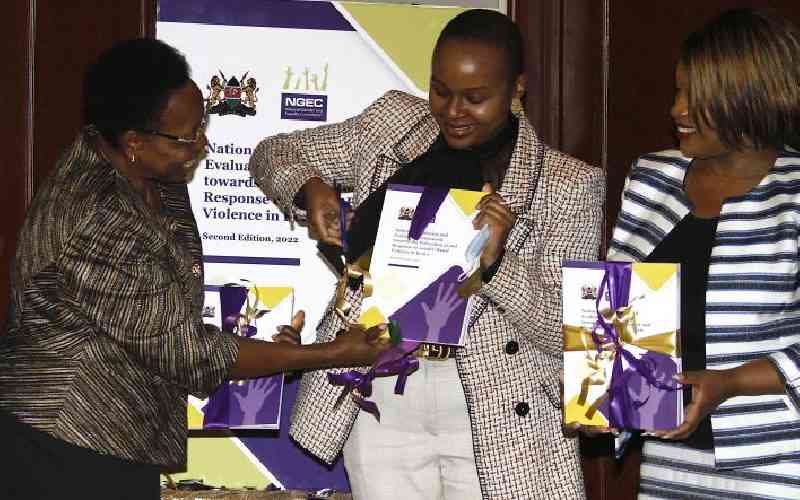×
The Standard e-Paper
Home To Bold Columnists

The National Gender and Equality Commission has launched a new initiative for collecting data on gender-based violence (GBV).
The initiative, which is a partnership with Equity Now, is in response to the government’s commitment number five made under The Generation Equality Forum.